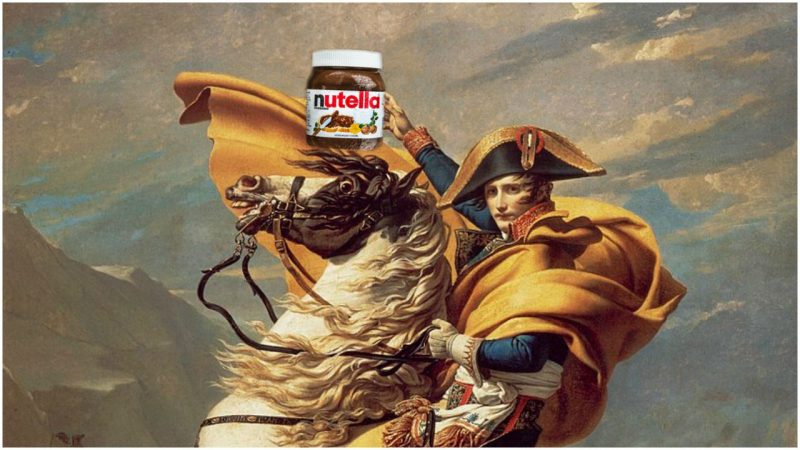Yes, we know. Your mouth waters at the thought of Nutella, a sweet spread made of chocolate and hazelnuts. It’s a match made in heaven. On the shelves of every supermarket can be found an endless range of chocolate-hazelnut concoctions, but the ever-popular Nutella beats them all. It’s recognizable packaging–with bold red letters, a yellow flower, and a pitcher of milk–is a welcome sight indeed.
But where did the idea for a product like this come from?
The story begins in 1806, in Turin, the capital of Piedmont, with Napoleon attempting to freeze out British commerce in order to win a war. This resulted in a disastrous continental blockade that, among other things, insanely elevated the cost of chocolate. The shortage of cocoa forced the Piedmontese chocolate makers to experiment with new textures and flavors.
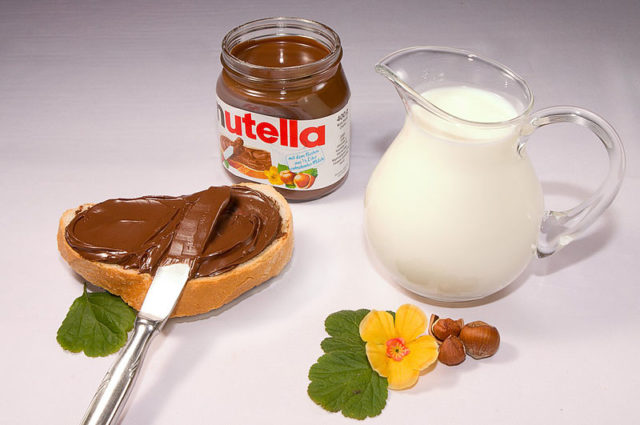
A resourceful chocolatier in Turin started experimenting with the local hazelnuts to stretch the chocolate supply as much as possible. The resultant delicacy was named after the Commedia dell’Arte character symbol of Turin: Gianduja (pronounced john-doo-jah). Since hazelnuts grew in abundance in Piedmont, they were cheaper than cocoa, making the “gianduja” chocolate more affordable to make, and to consume. In 1852, in Turin , appeared the first candy that featured chocolate and hazelnuts together.
The Italian candy company Caffarel sold a small confection in the shape of an upturned boat called “giandutto.” This combination of cocoa and nuts was the second solid chocolate product ever made after the invention of the dark chocolate bar, predating milk chocolate, invented in 1875.
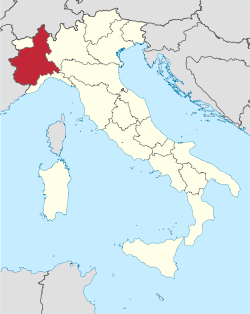
Over a century later, during World War II, the price of chocolate dramatically rose again. In 1946, an Italian pastry maker from Alba in Piedmont named Pietro Ferrero, founder of the Italian candy company Ferrero, decided to answer this challenge by, once again, turning to the “magical” hazelnut paste. He created Pasta Gianduja: a small loaf of chocolate hazelnut paste meant to be sliced and served on bread. The same year he sold an initial batch of 600 pounds of Pasta Gianduja.
Shortly after the launch of this product, Ferrero introduced a new, spreadable version called “Supercrema Gianduja.” This spread was a presence in the households across Italy, on toast or croissants, swirled into ice cream or eaten with a spoon directly from the jar. Ferrero’s confection became so popular that neighborhood food stores kept a full jar on the counter and school children would run in with slices of toasted bread, asking for a “smear” for a few lire as an afternoon snack.
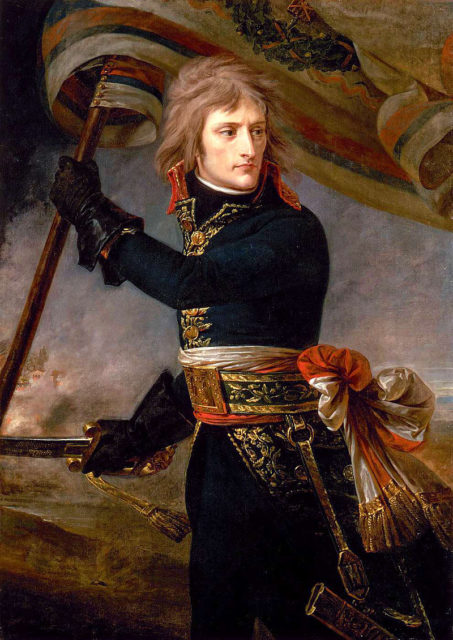
In 1963, Ferrero’s son Michele Ferrero revived Supercrema in order to advertise it throughout Europe. He modified the product and renamed as “Nutella” in 1964. The first jar of Nutella left the factory in Alba on April 20, 1964. The product was an instant success.
Nowadays, the main ingredients of Nutella are hazelnuts, palm oil, sugar, cocoa solids, and skimmed milk. In 2012, French Senator Yves Daudigny proposed a tax increase on palm oil. At 20 percent, palm oil is one of Nutella’s main ingredients, and the tax was dubbed “the Nutella tax” in the media.
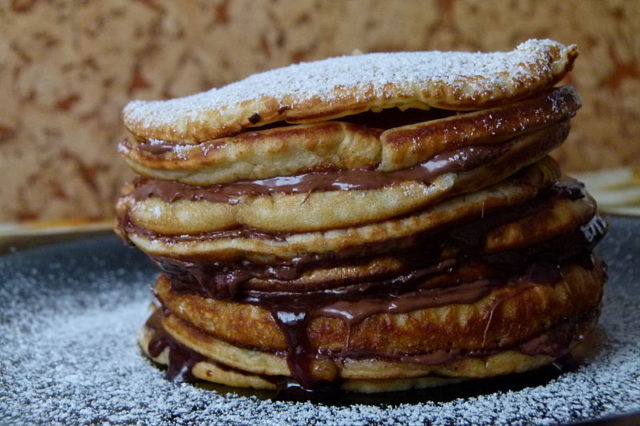
In 1983, Nutella was distributed in the United States for the first time. Since then it has acquired a cult status as a favorite food. The product even has its own World Nutella Day, celebrated by fans all over the world on February 5th. Two years ago, Poste Italiane issued a 50th anniversary Nutella commemorative stamp. The 70 (Euro) cent stamp was designed by Istituto Poligrafico e Zecca dello Stato and features a jar of Nutella on a golden background.
The Nutella phenomenon has prompted competitors to launch their own versions of the hazelnut spread and small artisan producers try to reinterpret chocolate-hazelnut spreads for consumers. But can anything be quite the same?
